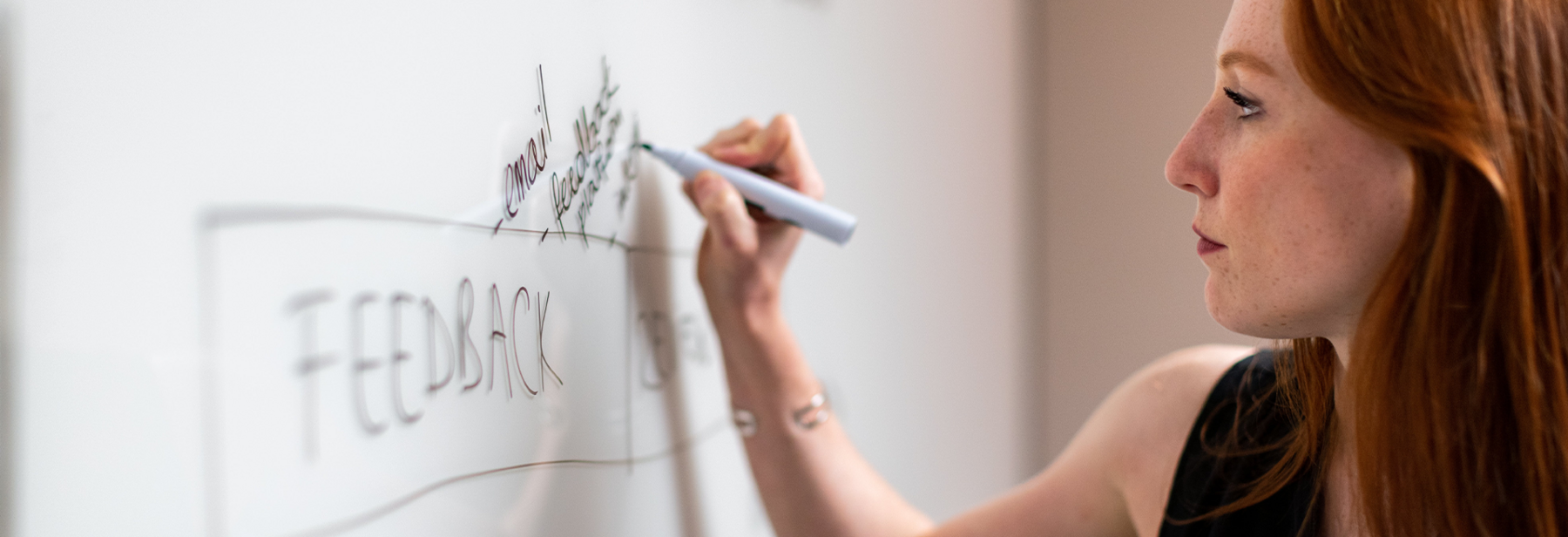
Becoming a Pink Goldfish: A Lesson in Differentiation
Smokers know that they can pull into virtually any drugstore in the nation and buy a pack of cigarettes. But in 2014, CVS broke the mold by removing cigarettes and other tobacco products from their shelves.
Patagonia is committed to sustainability and environmental responsibility, and it doesn’t always want you to buy a new jacket. Patagonia says “it’s part of our mission to inspire and implement solutions to the environmental crisis … To reduce environmental damage, we all have to reduce consumption.” In other words, think carefully about whether you need a new jacket. To that end, Patagonia makes products that last longer, then they buy back worn garments which they clean and repair and resell.
Author Stan Phelps uses the CVS and Patagonia stories to illustrate some of the counter-intuitive strategies that companies can deploy to differentiate themselves from competitors. When CVS ditched tobacco, its strategy was an example of what he calls withholding: purposefully eliminating or doing less of something that is considered normal in the business. Patagonia was engaged in opposition, Phelps said. Asking customers not to buy a new jacket is the opposite of what every other clothing retailer would do. In both cases, the companies won by differentiating themselves: CVS gained positive media and an uptick in nicotine patch sales; Patagonia proved its commitment with its environmentally aware customers.
These two concepts and several more are described in Phelps’ new book, “Pink Goldfish: Defy Normal, Exploit Imperfection and Captivate Your Customers,” co-authored with David Rendall. It’s the latest in a series that looks at business and marketing fundamentals from new perspectives. He was a featured speaker at the spring meeting of the Center for Service Leadership board.
Businesses growth – and the growth of goldfish – hinges on factors that are beyond control, Phelps writes. For example, the size of its bowl determines how big a goldfish will grow, just as the size of its market prescribes a company’s potential. A crowded bowl means that its resident fish will be small; similarly, an abundance of competitors could prevent a company from getting larger. The quality of water equates to the health of the economy—both affecting size. And, a good start often predicts robust growth for both fish and firms.
Goldfish are constrained by their DNA, but companies have an advantage in that they can control what they do and who they are. They can find ways to differentiate in order to attract the right good customers and achieve success. In other words, they can make themselves into pink goldfish.
Companies look to the competition to discover paths to success. Think about benchmarking: researchers examine successful companies to discover best practices that others can duplicate. The problem with that, Phelps says, is it leads to homogeneity. Instead, he encourages companies to figure out what sets them apart: what is weird about their firms, and what are their weaknesses.
“Weirdness” is another way to think about the ways a company is unique, and weaknesses point to ways the company is strong. “Flaunt your weirdness, own who you are and parade it without shame,” Phelps says. Double or triple-down on whatever makes you different. Forget the customers who don’t want what you are doing. If you are Alamo Drafthouse and you’re serious about film, go ahead and throw out the customers who insist on texting and talking. Don’t follow your competitors. Take a lesson from R.E.I., which closed shop on Black Friday in defiance of industry practice so its employees and customers could be together and get outside.
Phelps will have you up-ending the way you think about your firm to find the weirdness that makes you special.
NOTE: Stan Phelps will be presenting at the Compete Through Service Symposium, April 1-3, 2020! Mark your calendars and check out our website from 2018 at wpcarey.asu.edu/symposium. More information on Stan Phelps can be found at: stanphelpsspeaks.com/.